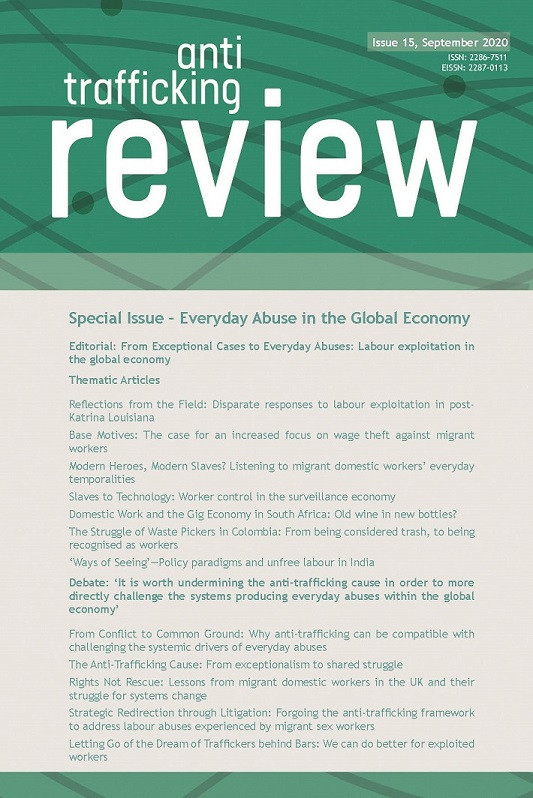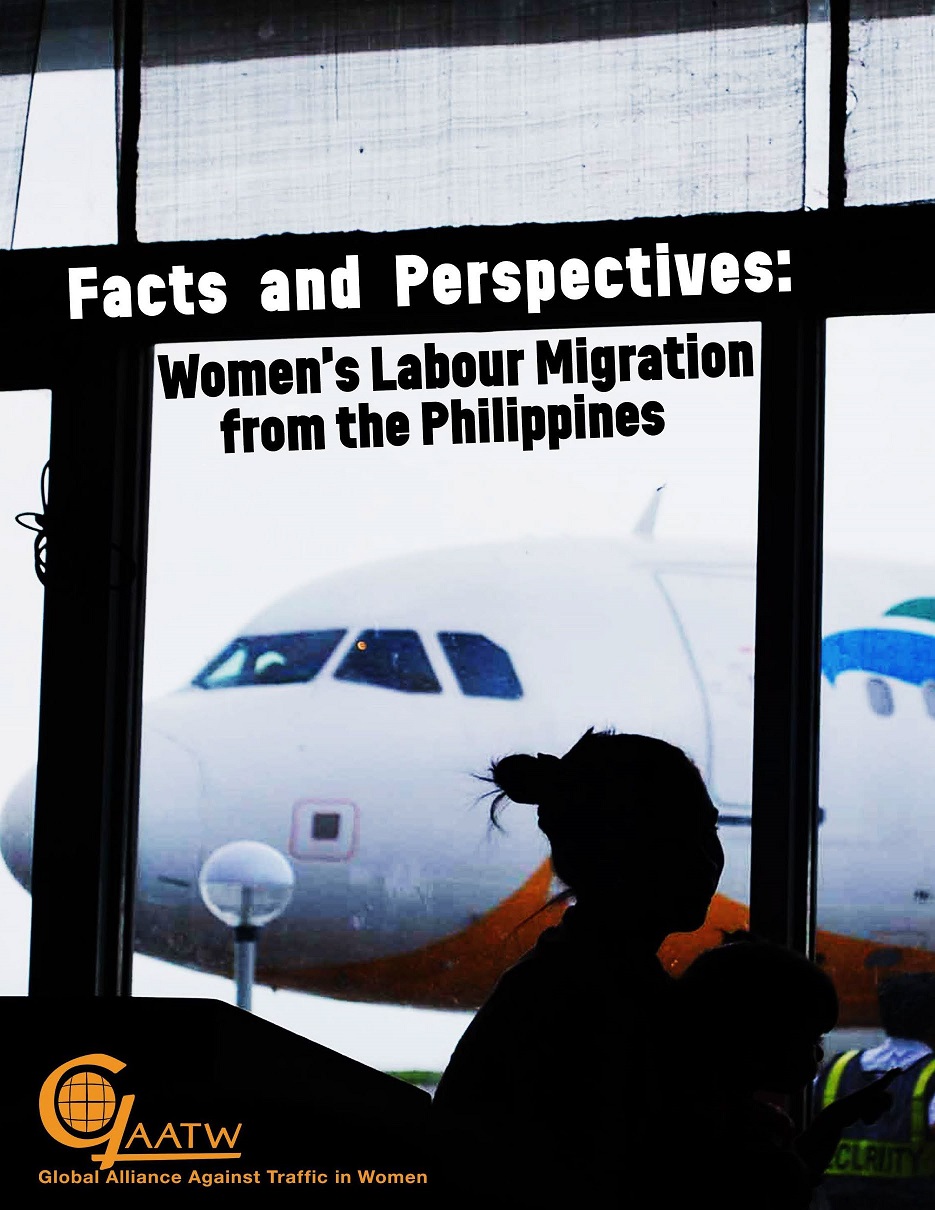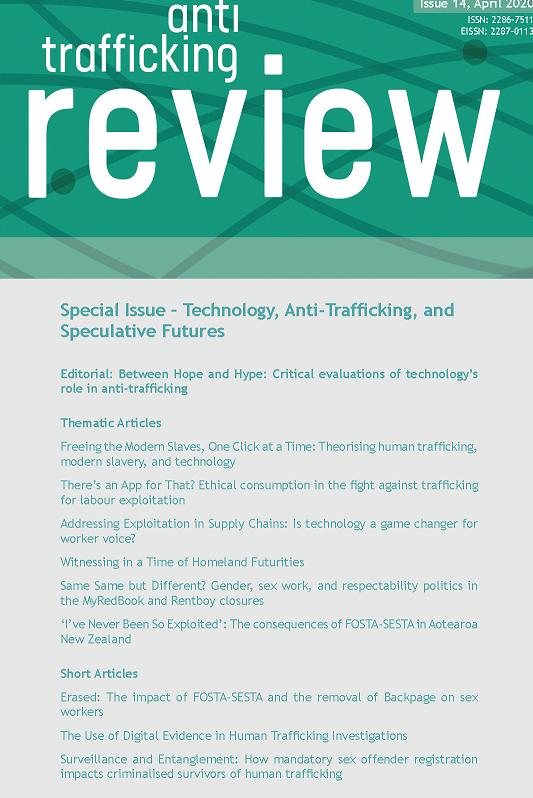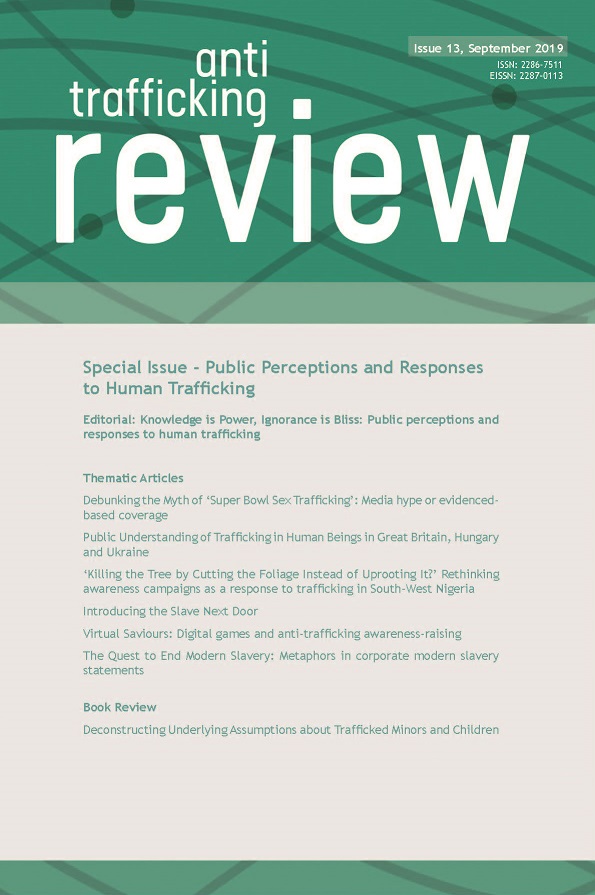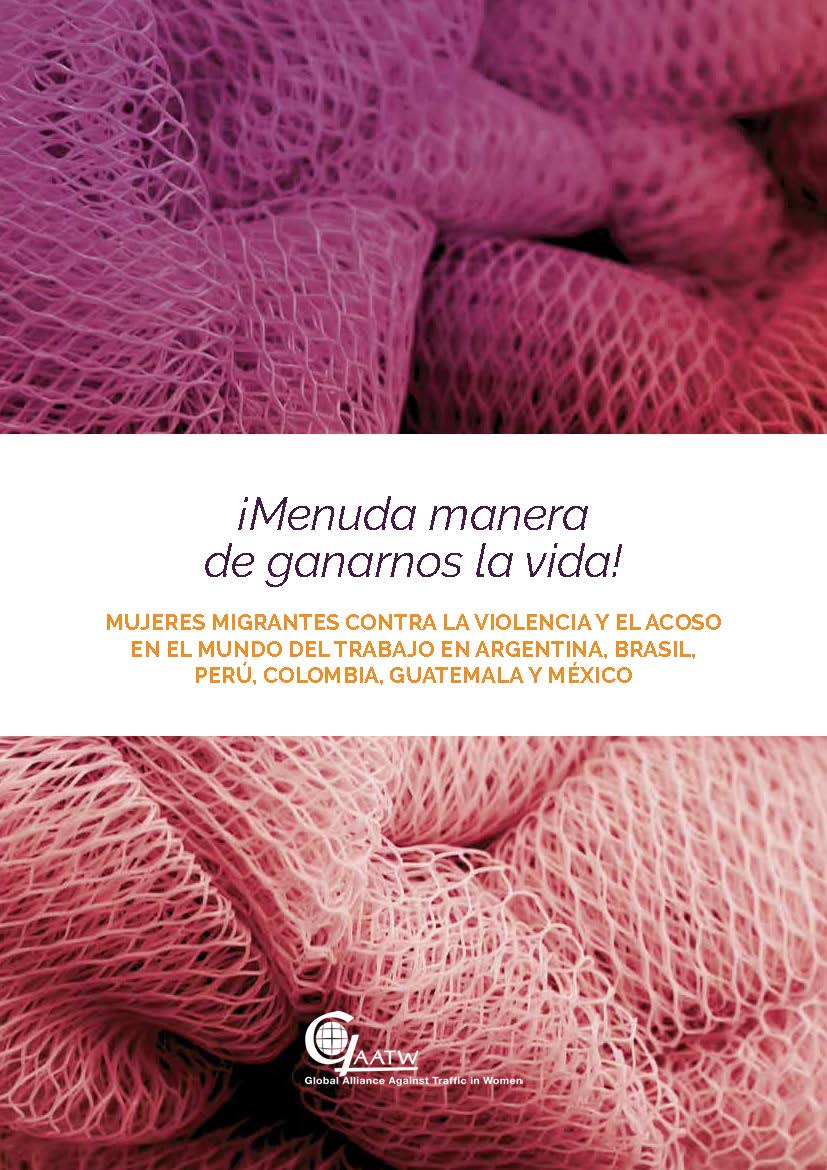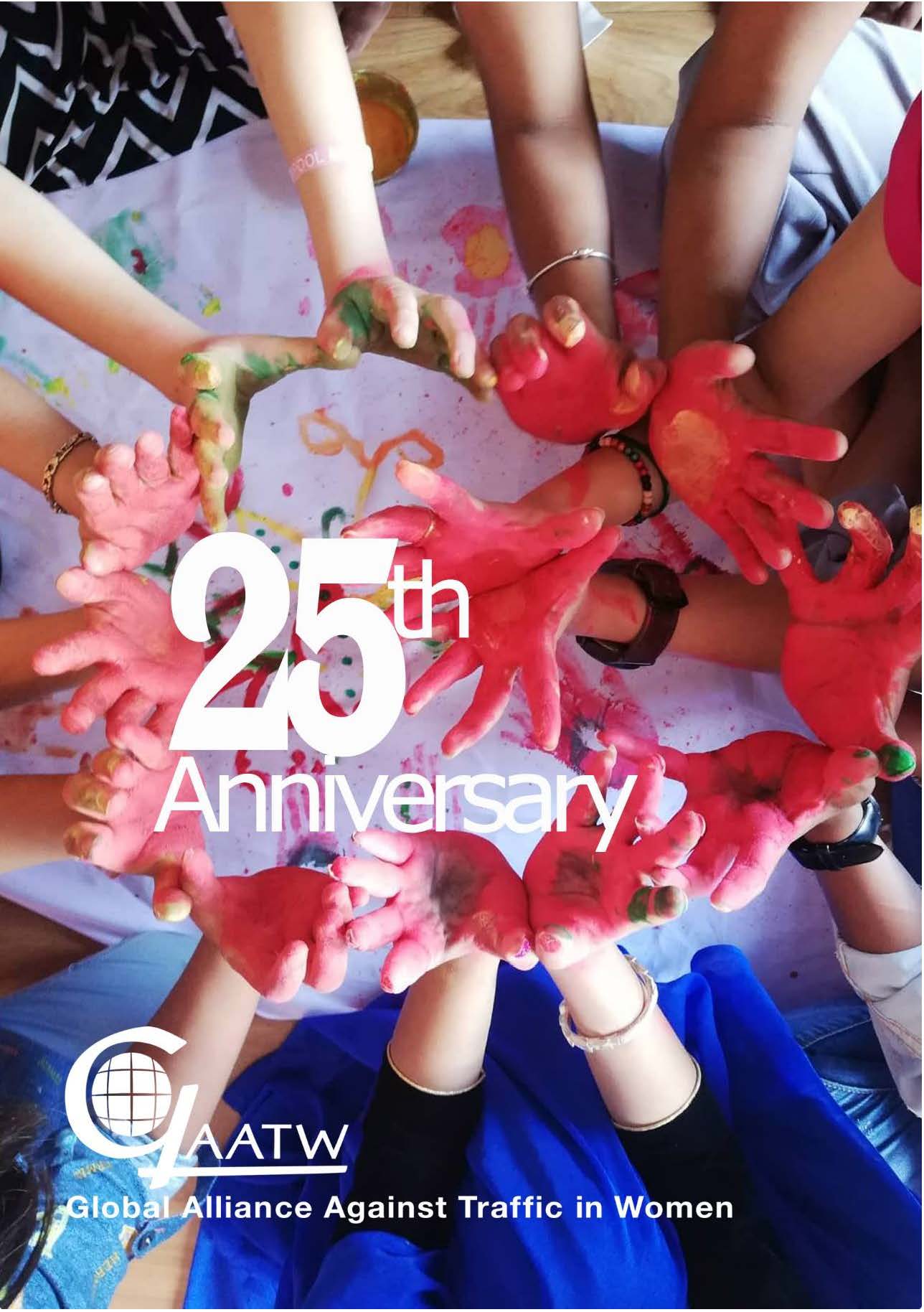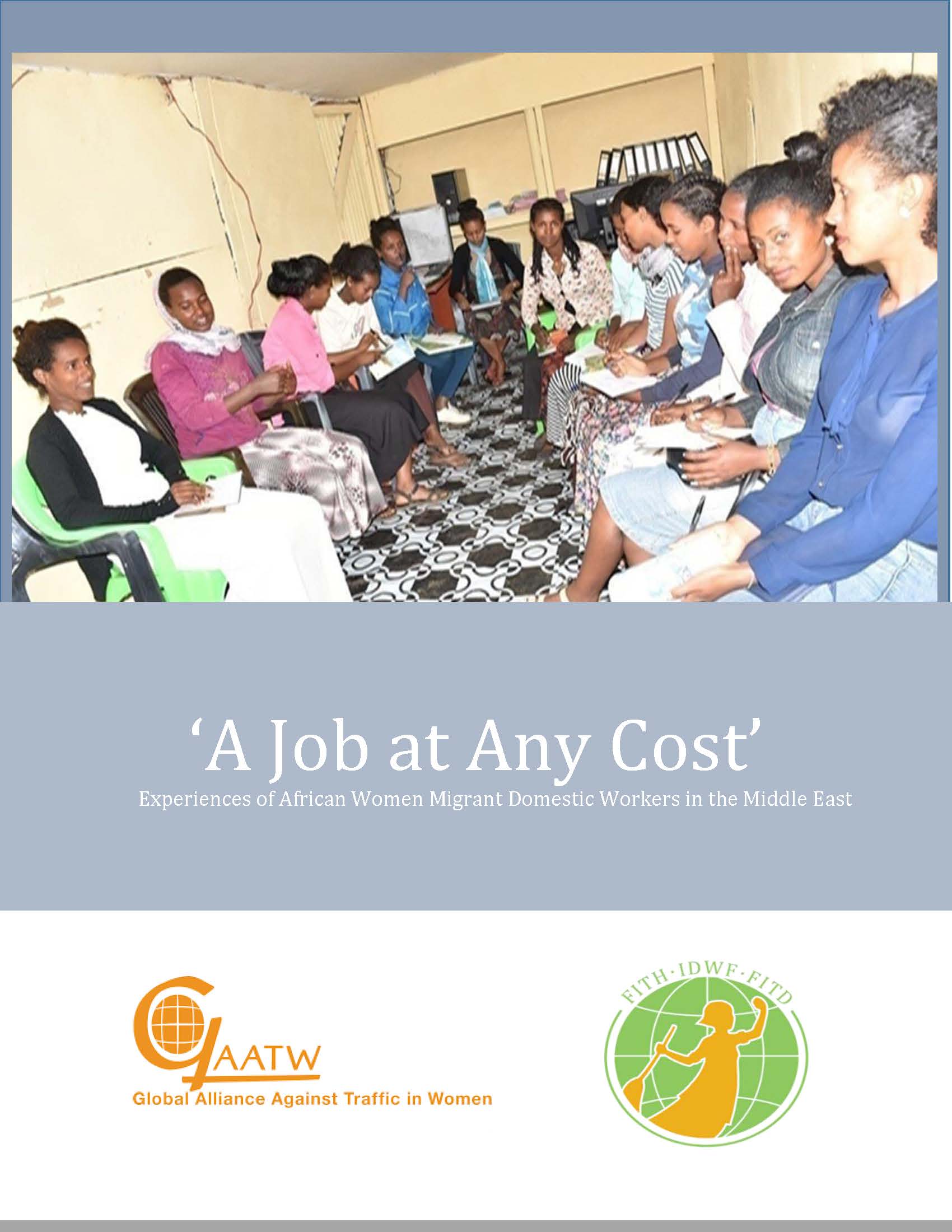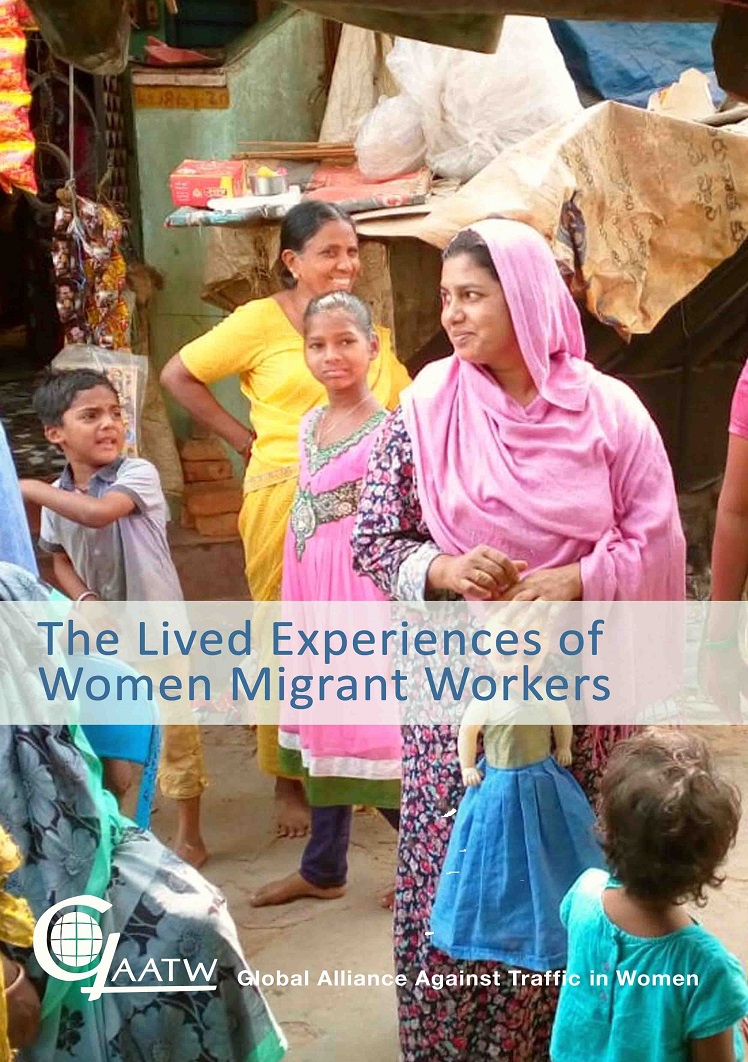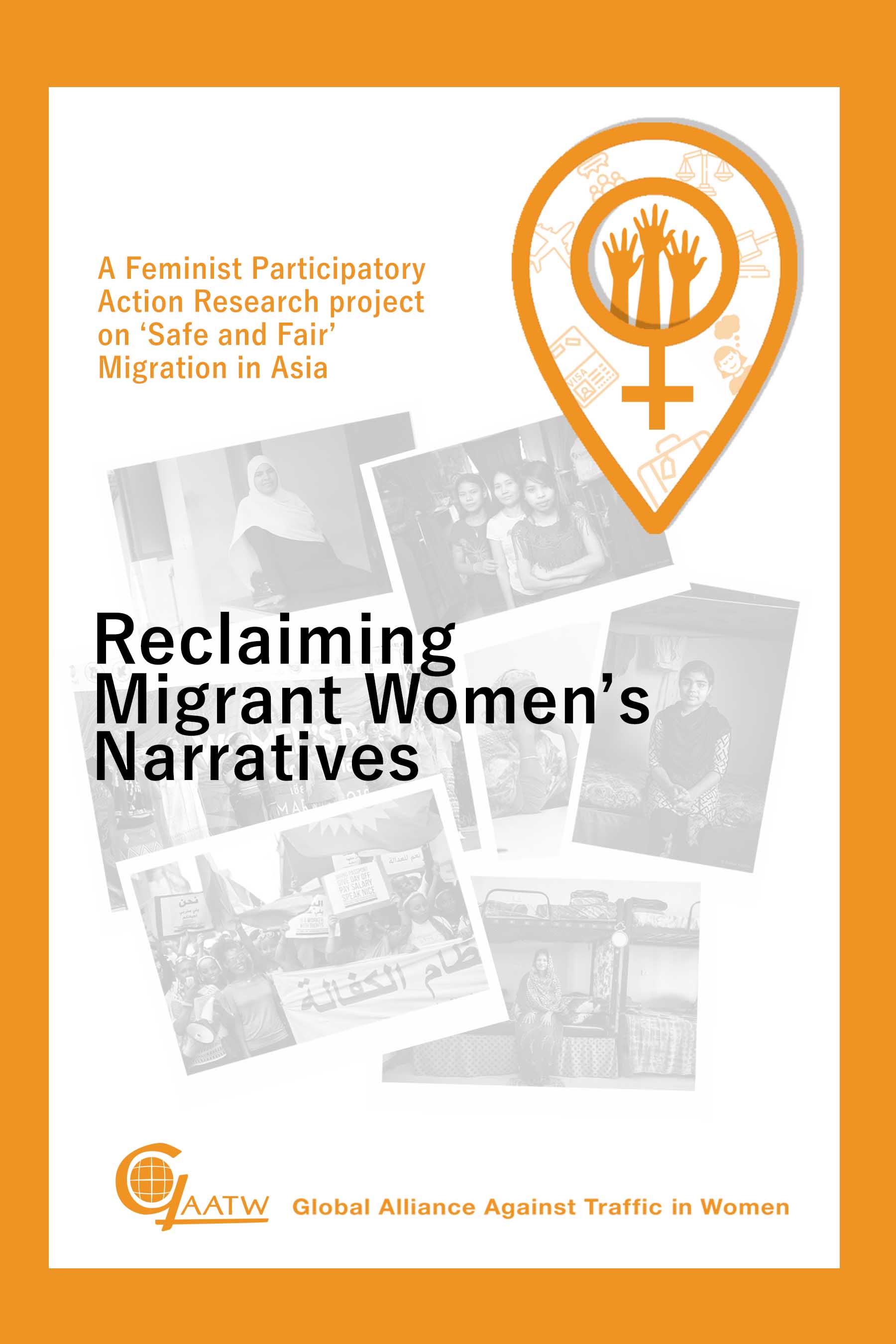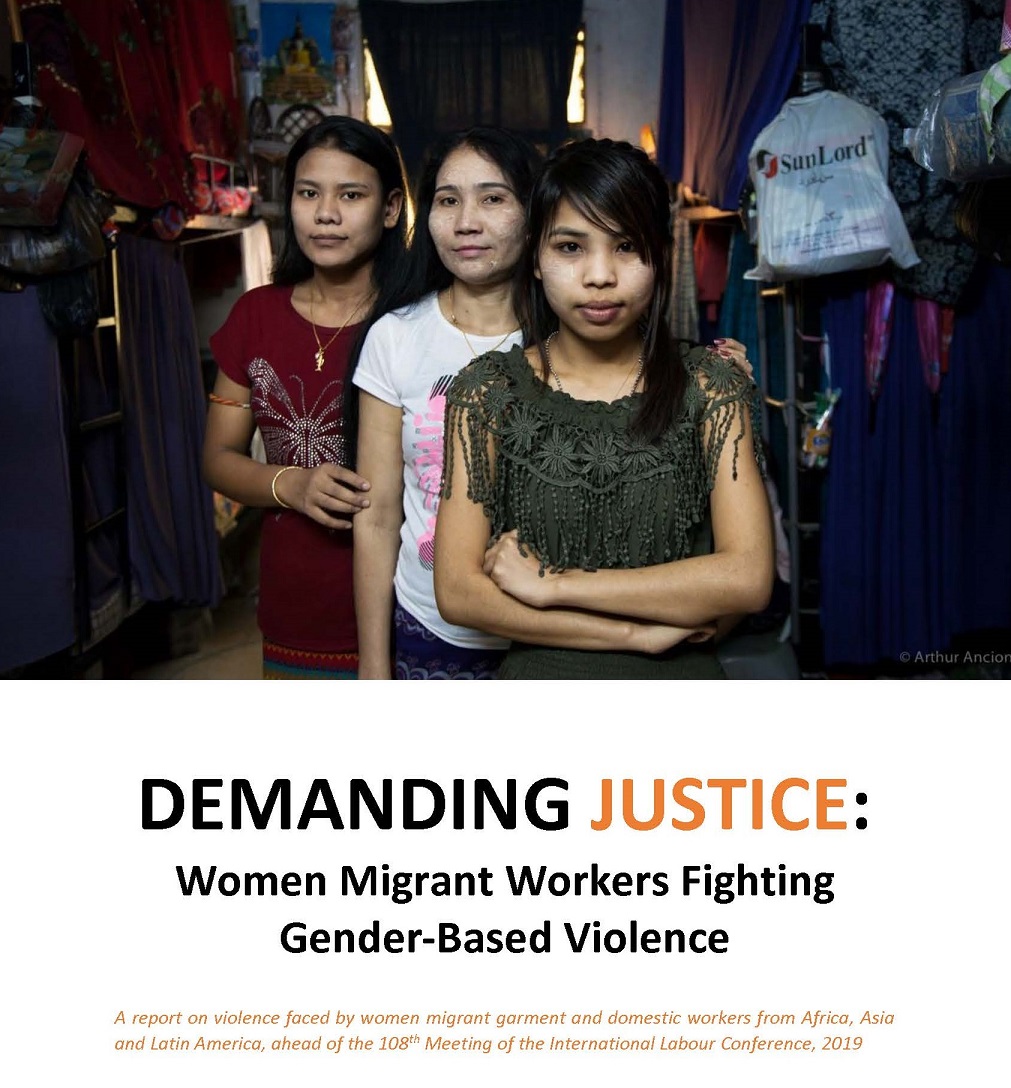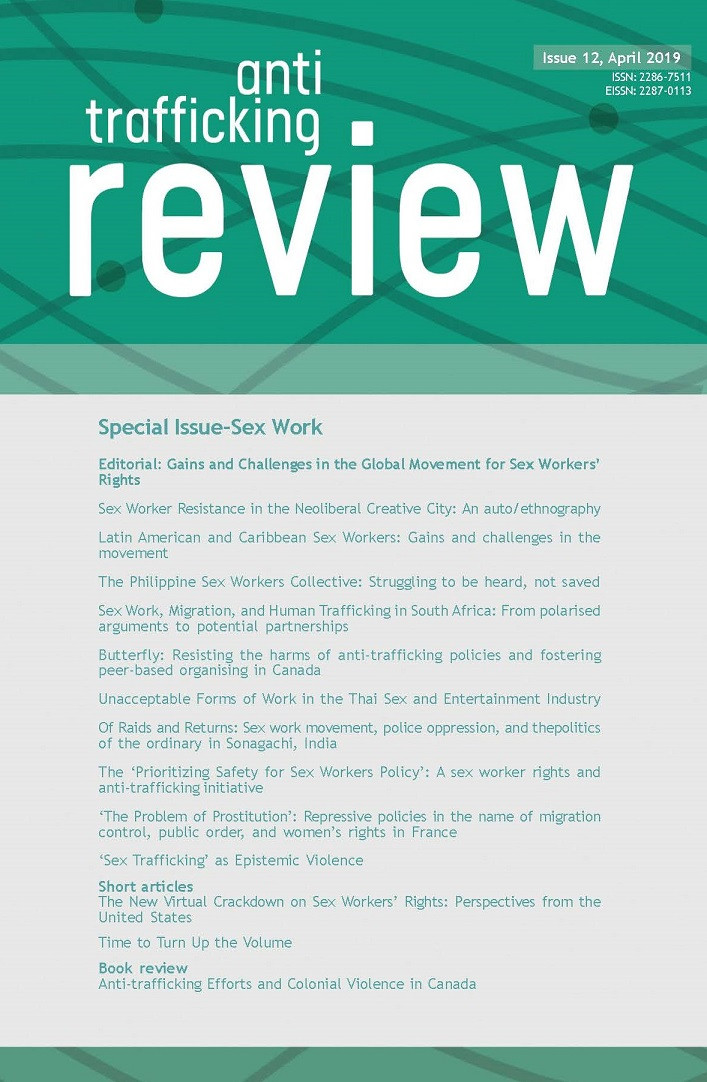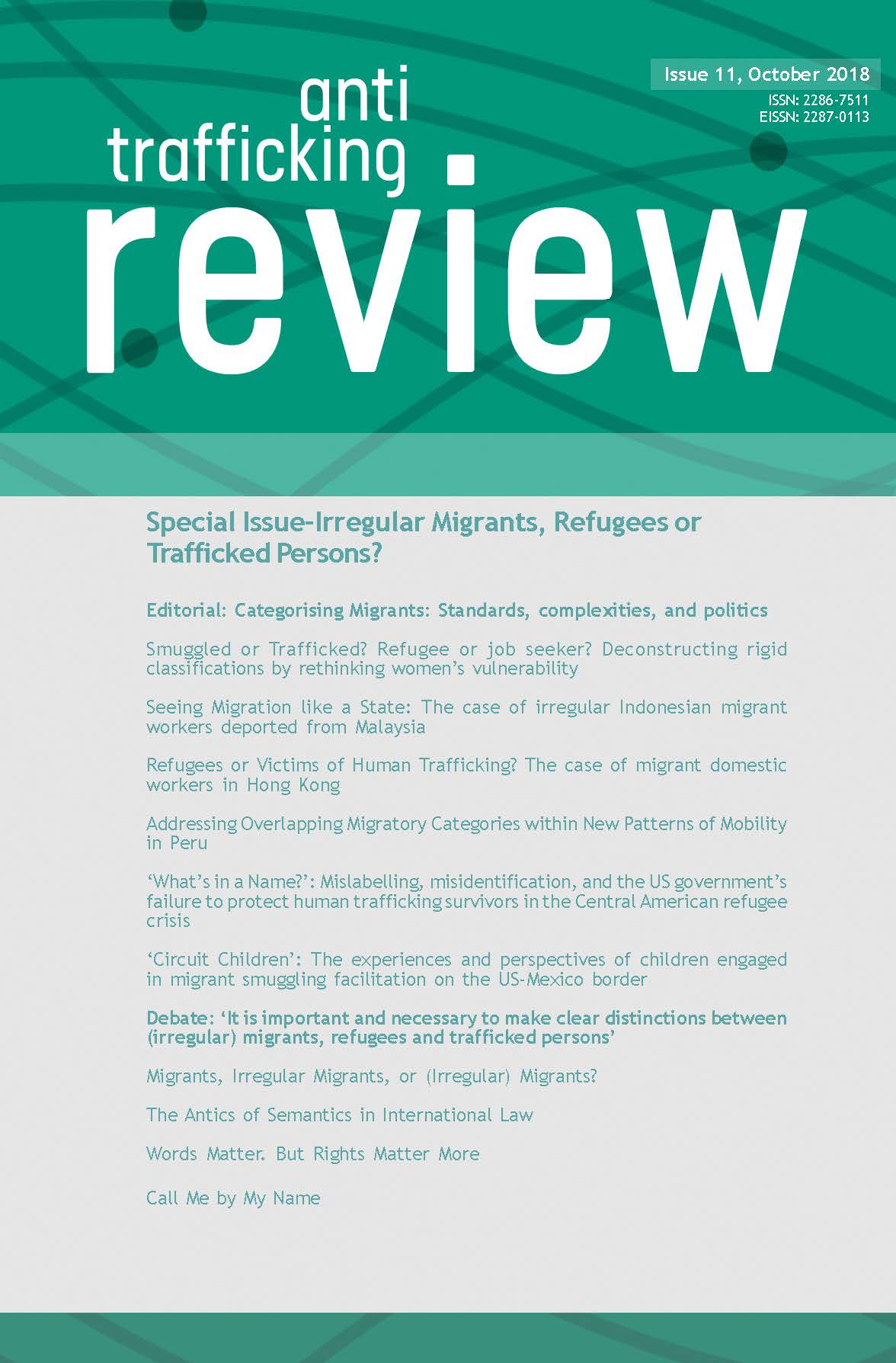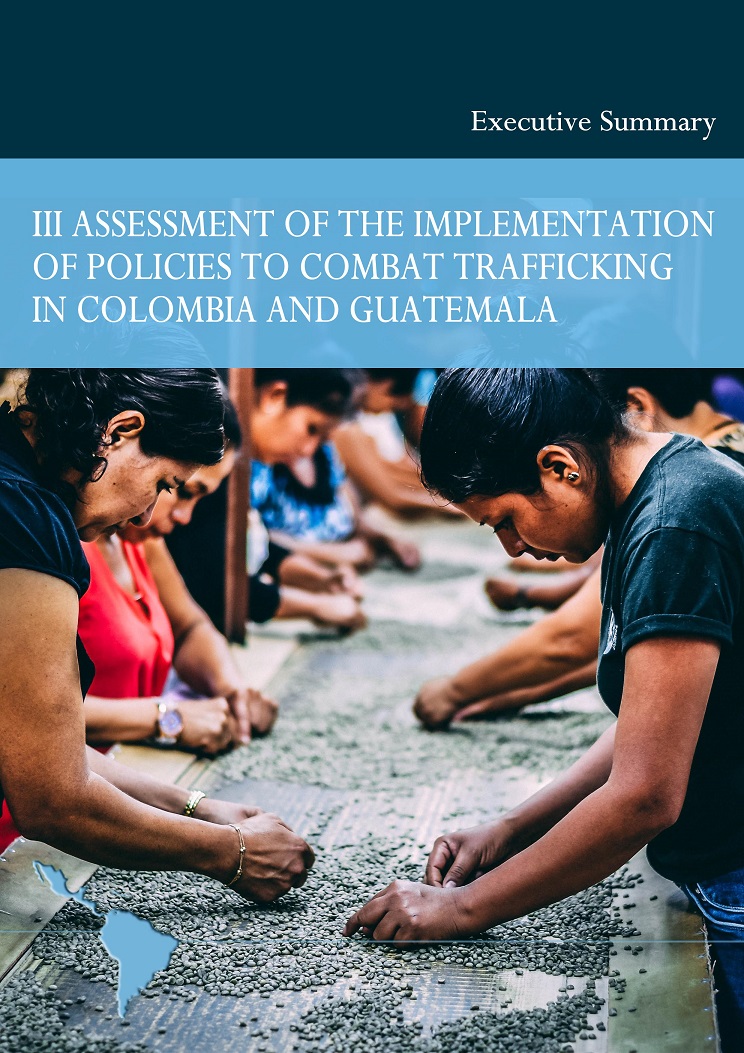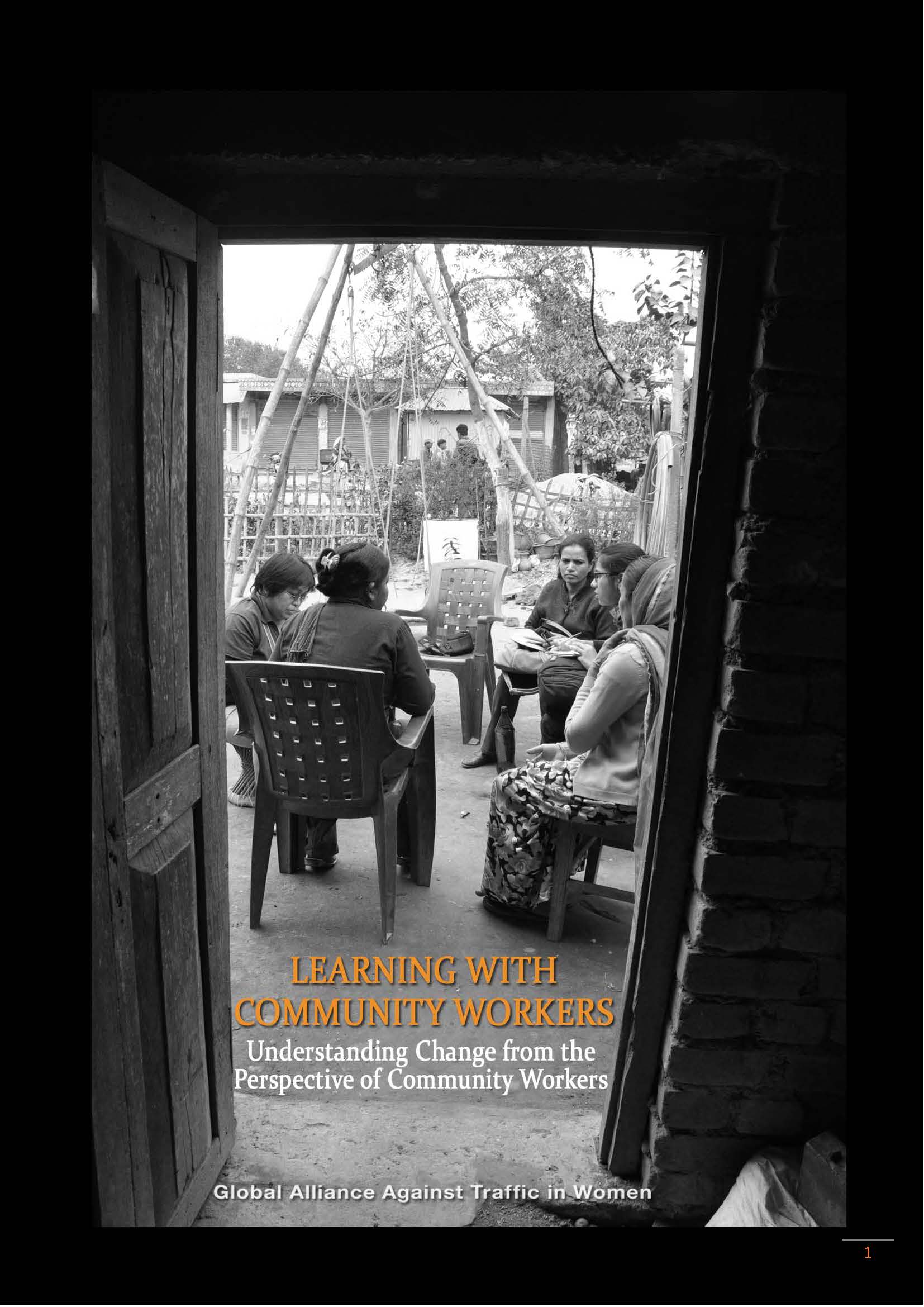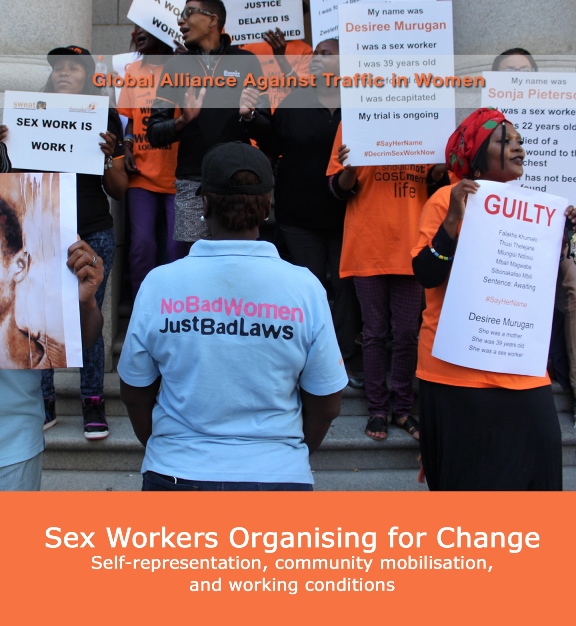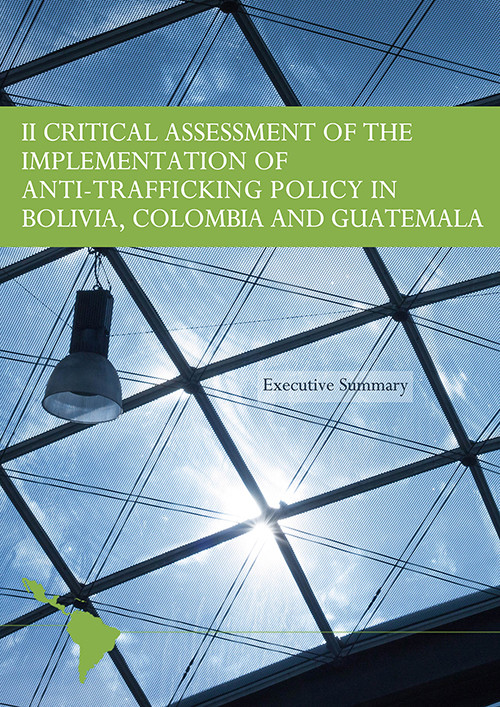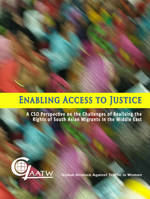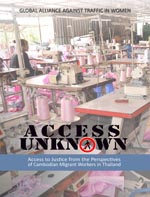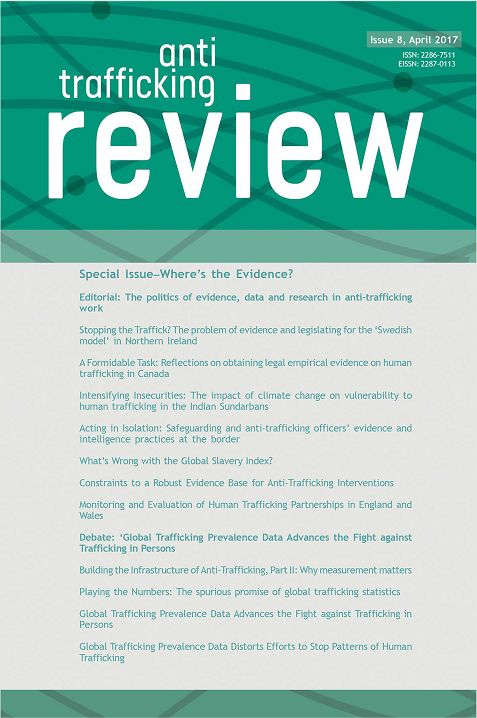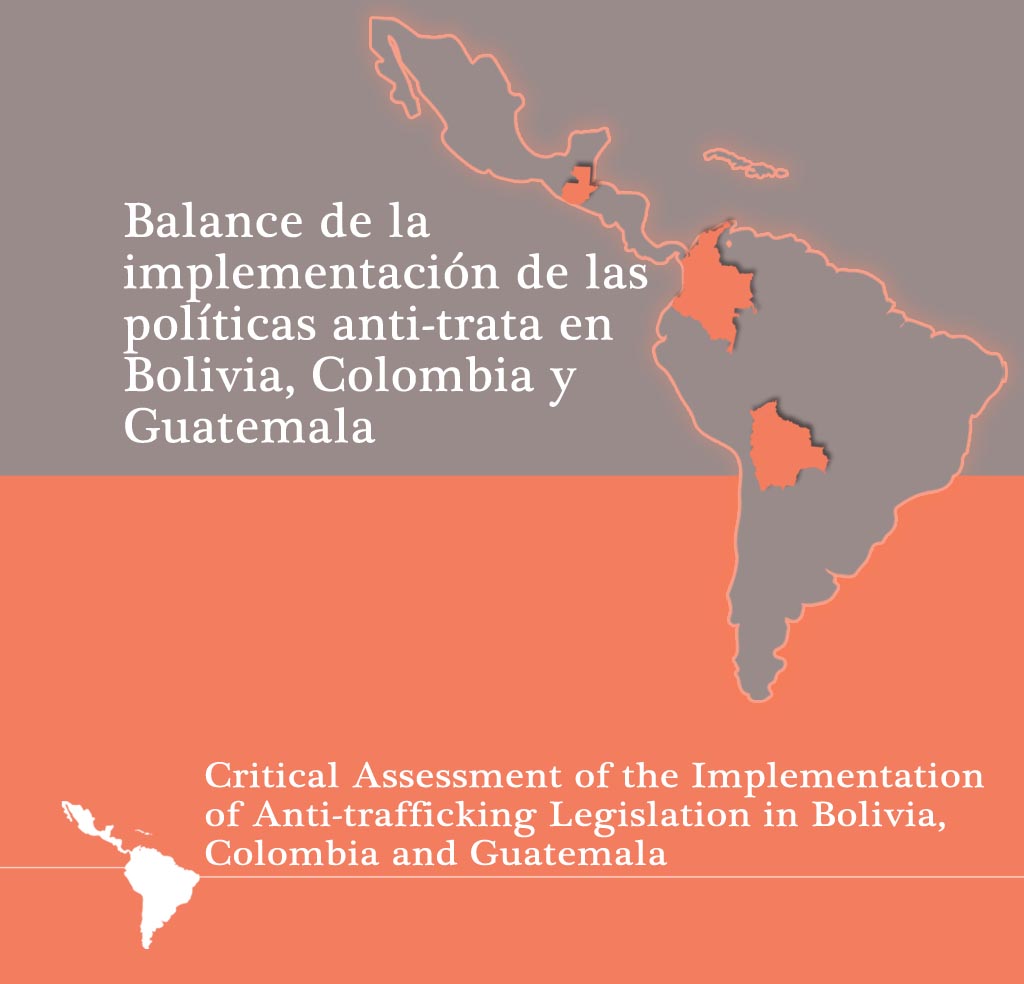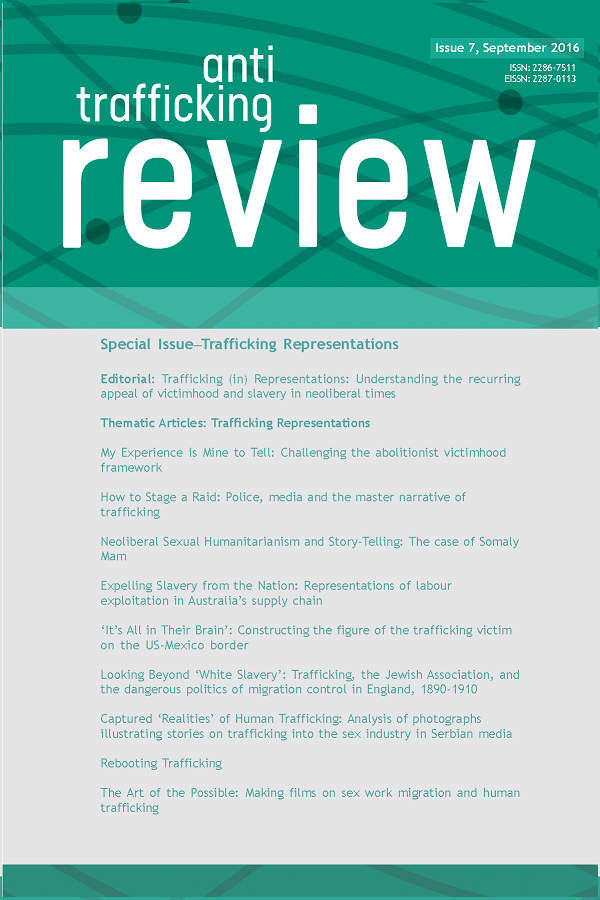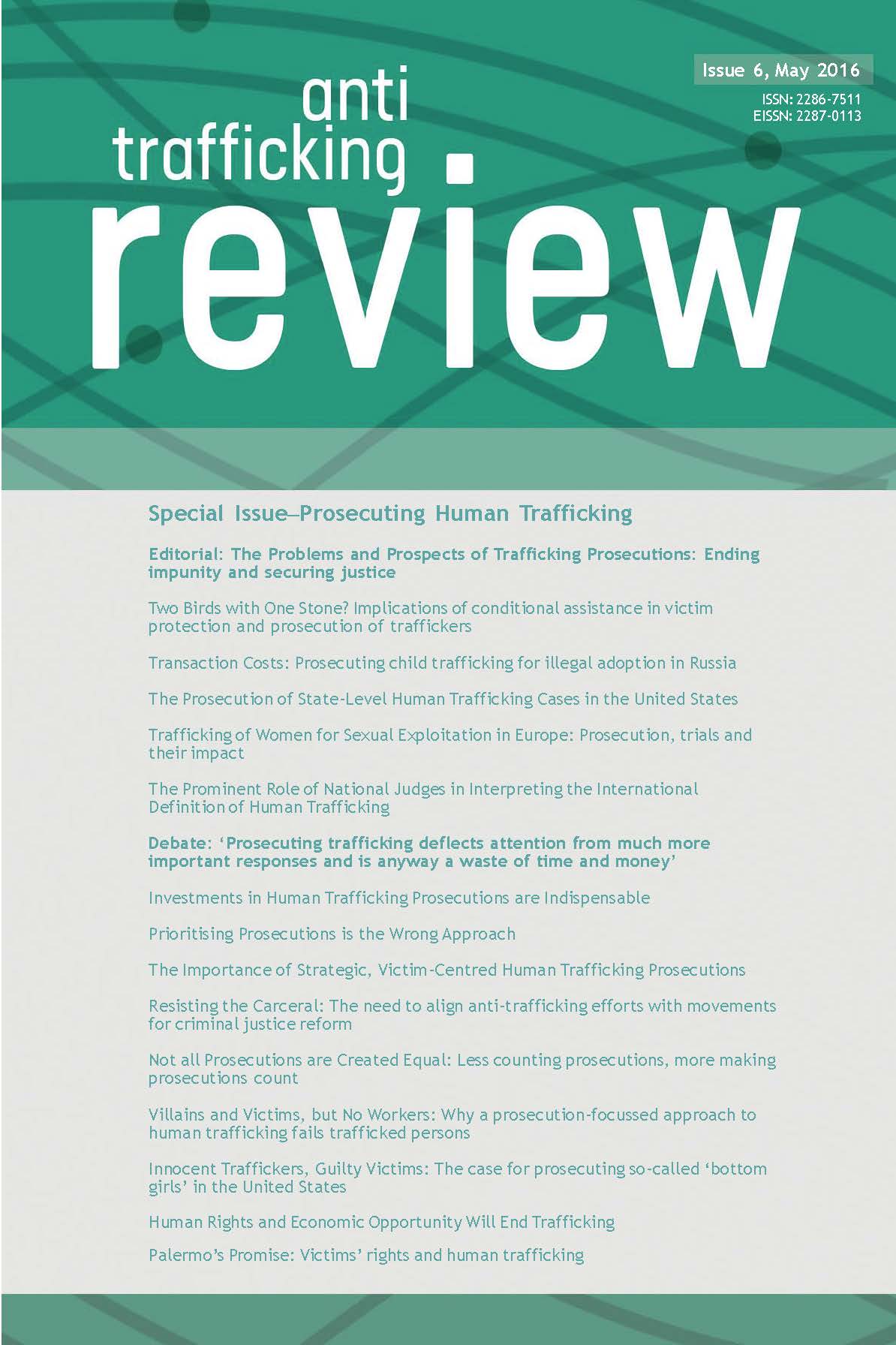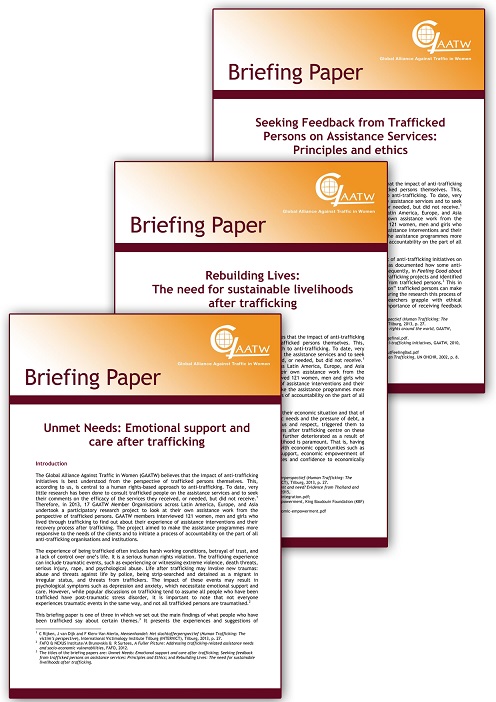Realising Rights
SELF-ORGANISED GROUPS IN THE ALLIANCE: Affirming the role of very small organisations and directly affected groups – including trafficking survivors, migrant women, sex workers, rural women, women workers, and returnee migrant women – in anti-trafficking efforts.
GAATW has always highlighted the pivotal role of women directly affected by trafficking and/or anti-trafficking measures in anti-trafficking efforts. The self-organised groups (or groups comprising women with direct experience of the issue they are working on, e.g. domestic worker-led groups) in our membership have articulated: how anti-trafficking measures have impacted their lives; how they envision human rights based anti-trafficking practices; how processes of personal recovery and activism intersect; how policies intersect with women's aspirations and their realities; the difficulties in accessing support if they operate outside of mainstream NGO frameworks; and an analysis that stems from lived experience of various issues.
Self-organised groups' issues and priorities will be woven into the 3 programmatic directions above and integrated across all GAATW programmes. However, we will also continue to maintain spaces for collaboration with self-organised groups that may fall outside of the 3 directions above.
SOG Members List (Click on the names of the organisations below to read more about their work and contact information)
• Action for Reach Out (AFRO)
• Asociacion Civil de DDHH Mujeres Unidas Migrantes Y Refugiadas en Argentina (AMUMRA)
• Association of Indonesian Migrant Workers in Hong Kong (ATKI-HK)
• Cambodia Prostitutes' Union (CPU)
• CRIOLA
• DMSC
• Sindicato de Trabajadoras Domesticas(SINTRASEDOM)
• Movimiento de Mujeres Unidas (MODEMU)
• National Domestic Workers Movement (NDWM)
• Sanayar-thi Pan
• Self-Empowerment Program for Migrant Women (SEPOM)
• Shakti Samuha
• Sex Workers' Network of Bangladesh (SWNOB)
• Genera
Relevant Publications
• Respect & Relevance, GAATW Report 2007
• Speak Out, Take Action (Sex Worker's organisations in Bangladesh, Cambodia & India raise their voices against police brutality, GAATW 2004)
• "Partners in Change" Conference (2002) – stories of women's collectives & report
• Advocacy video project on Overcharging - IMW's say NO to Overcharging
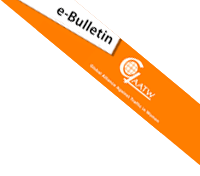


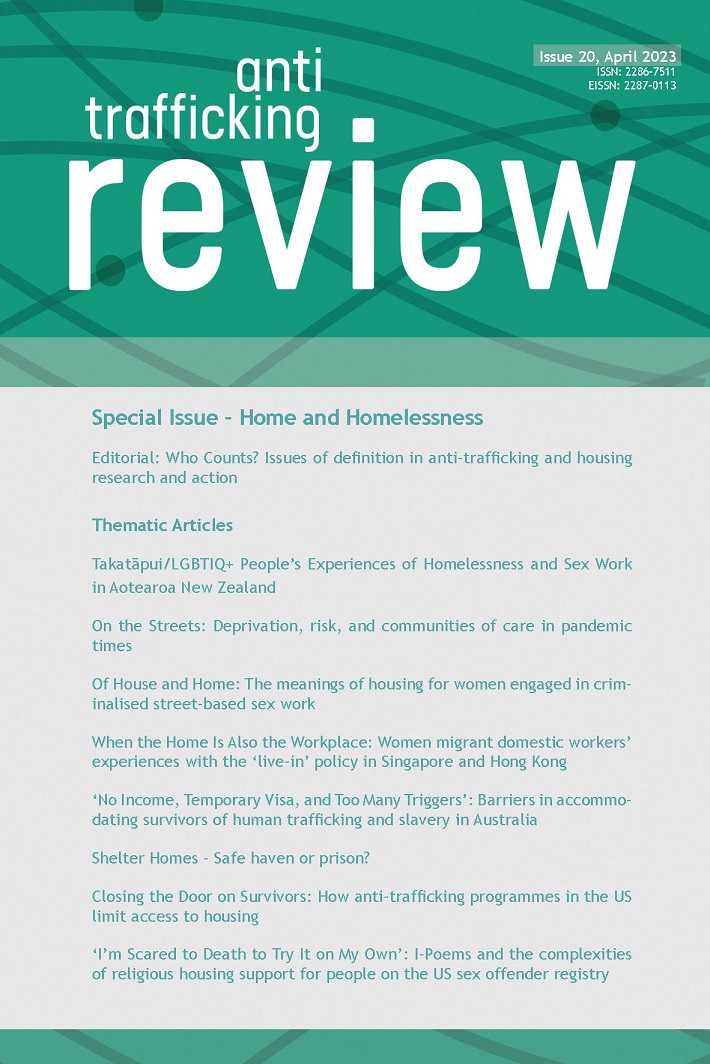
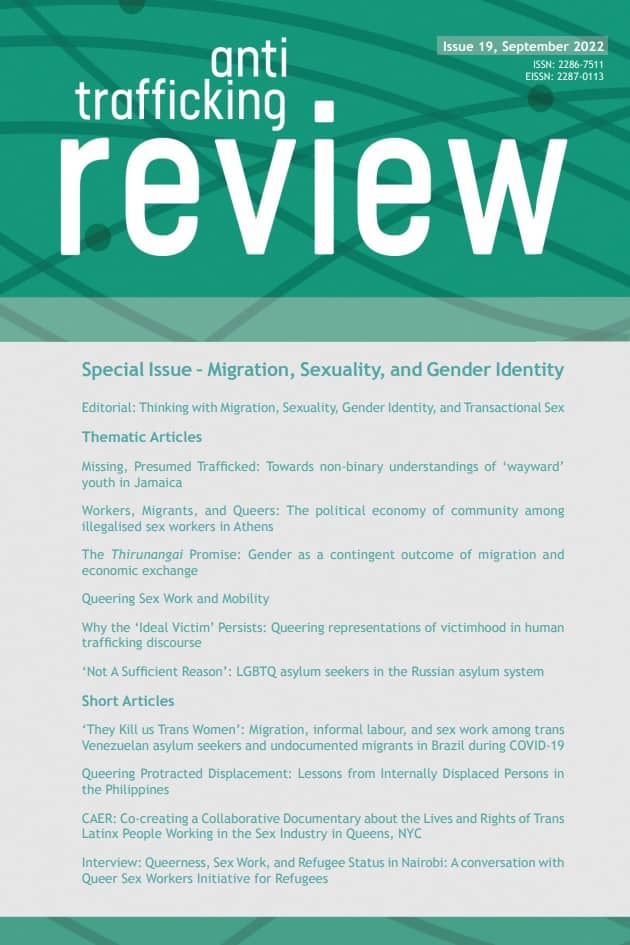
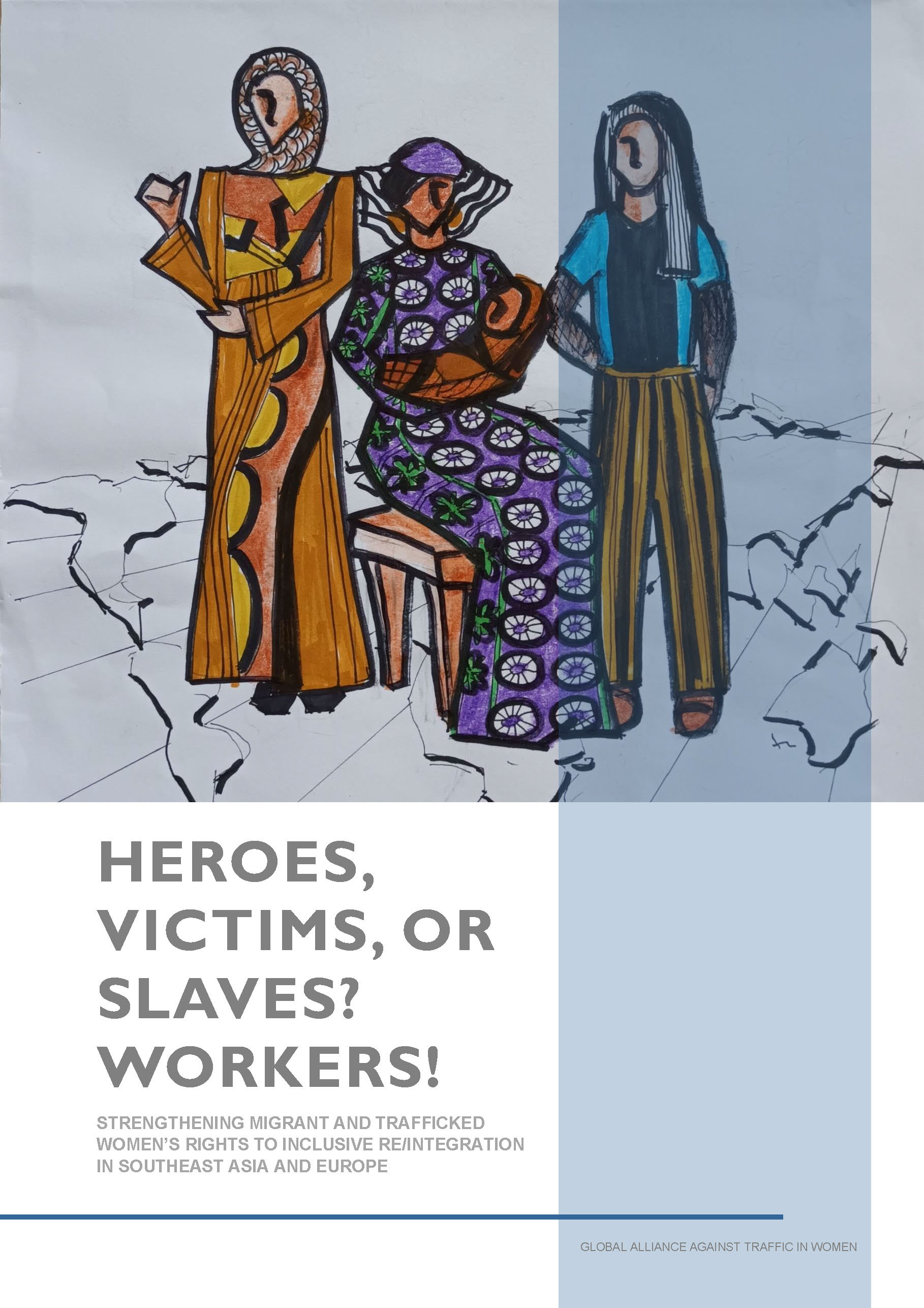
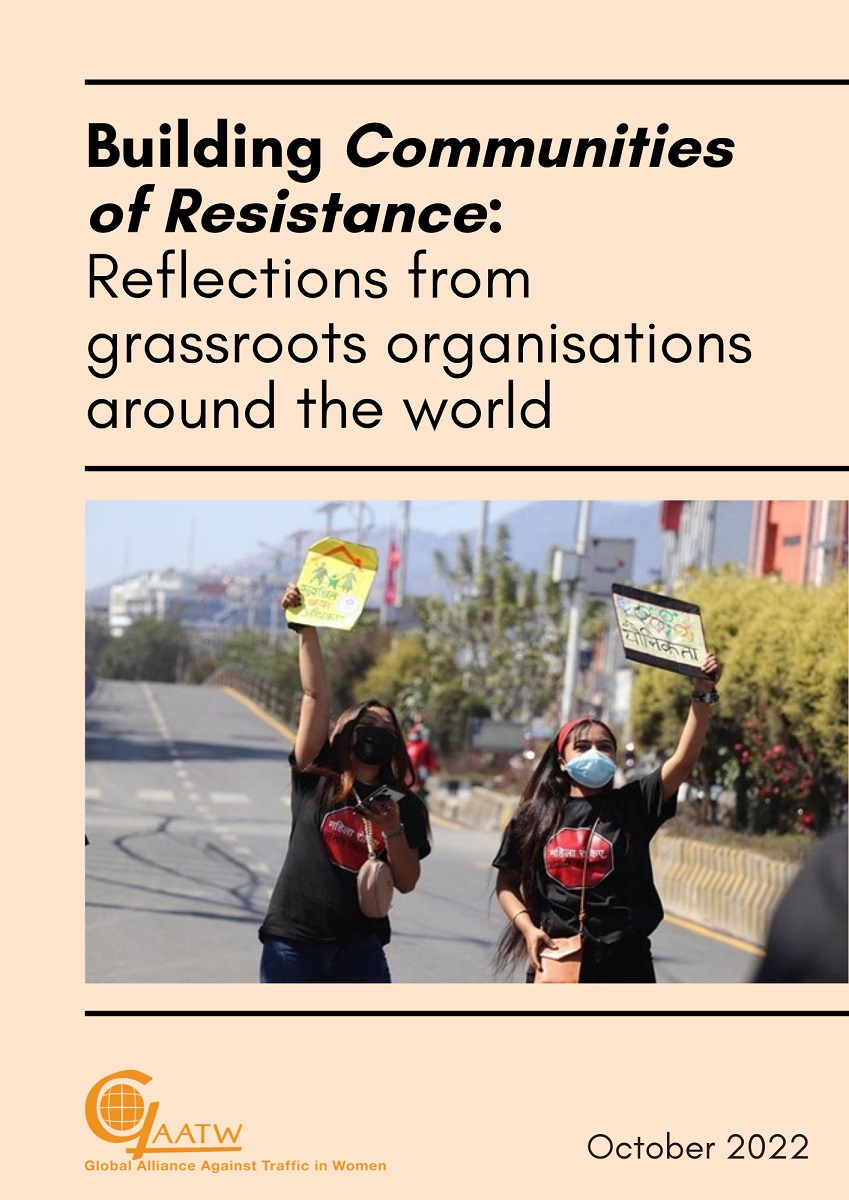
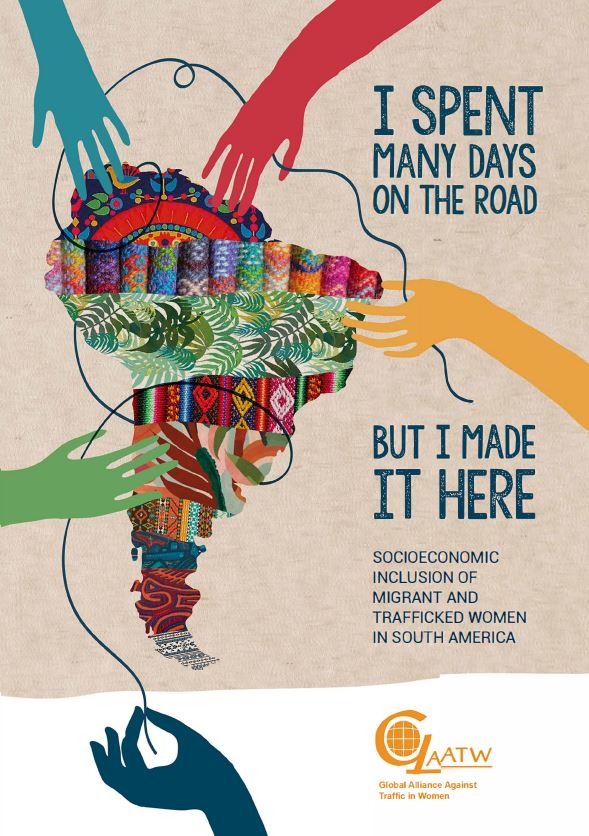
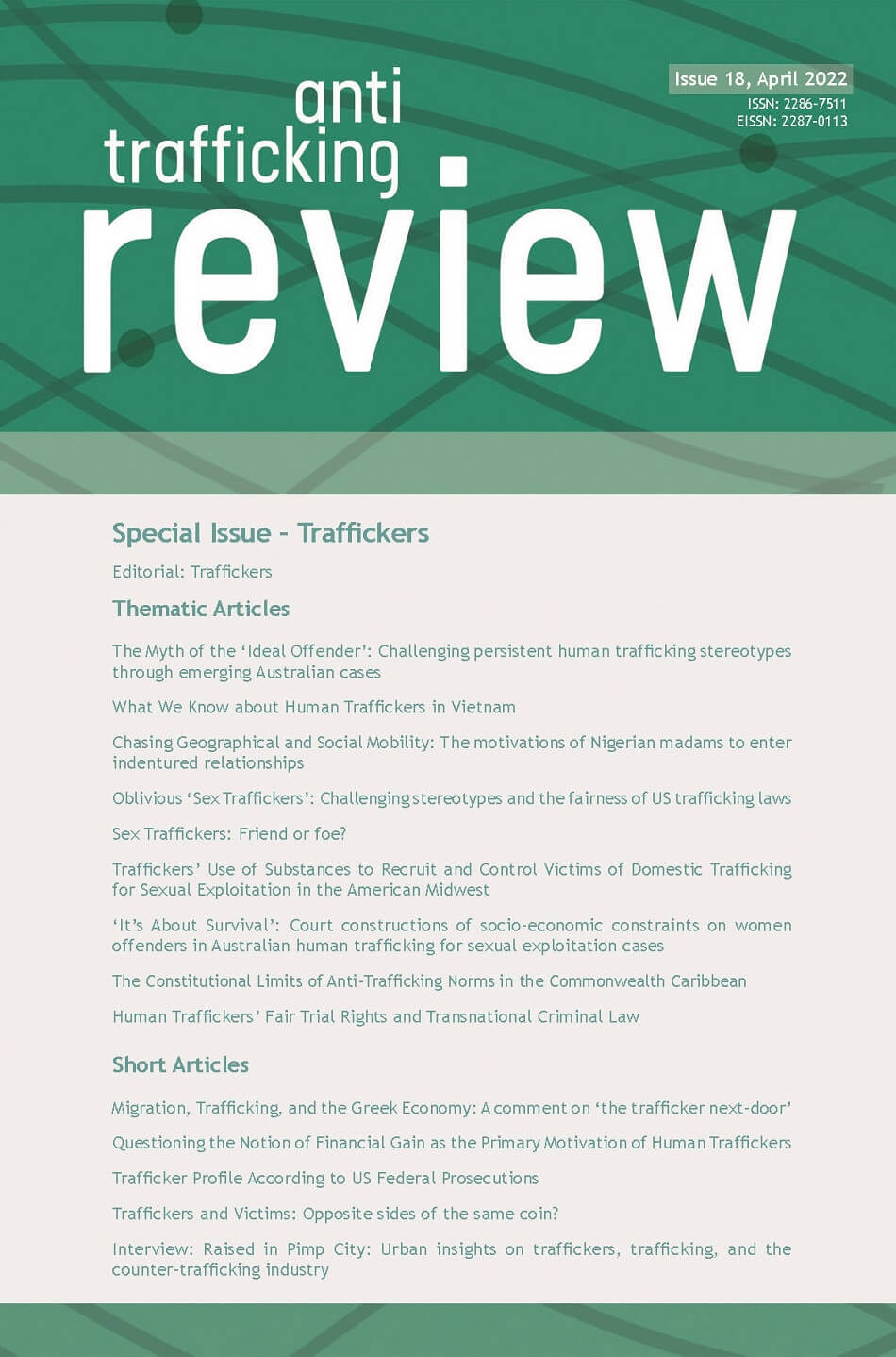
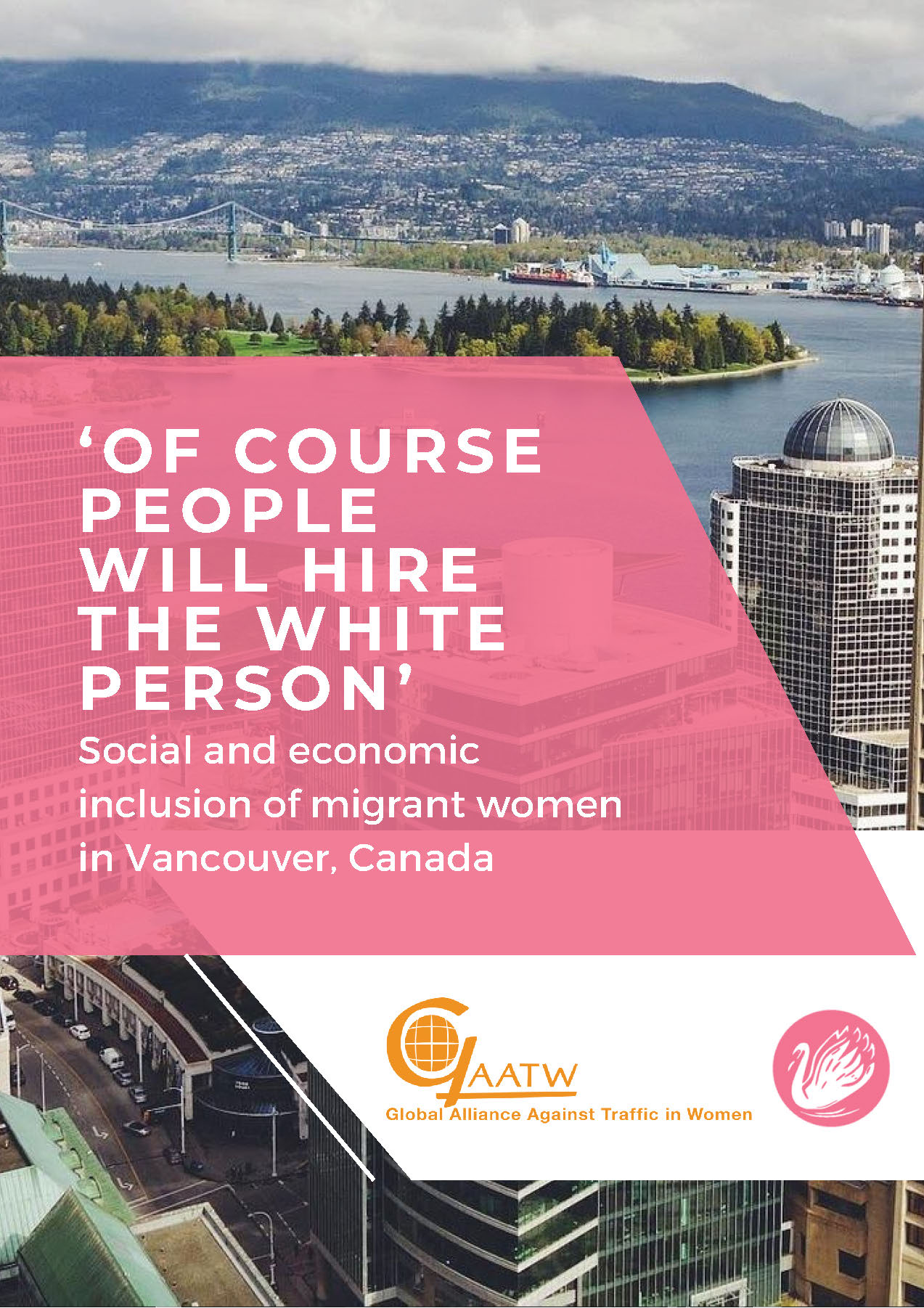
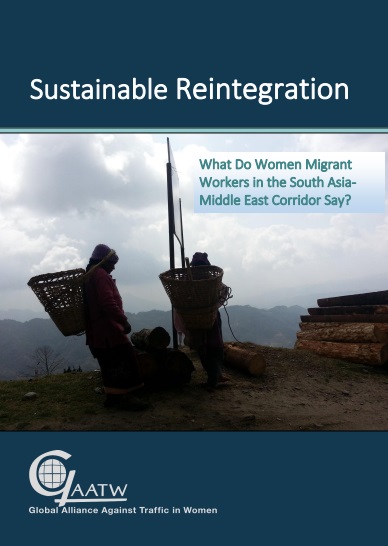
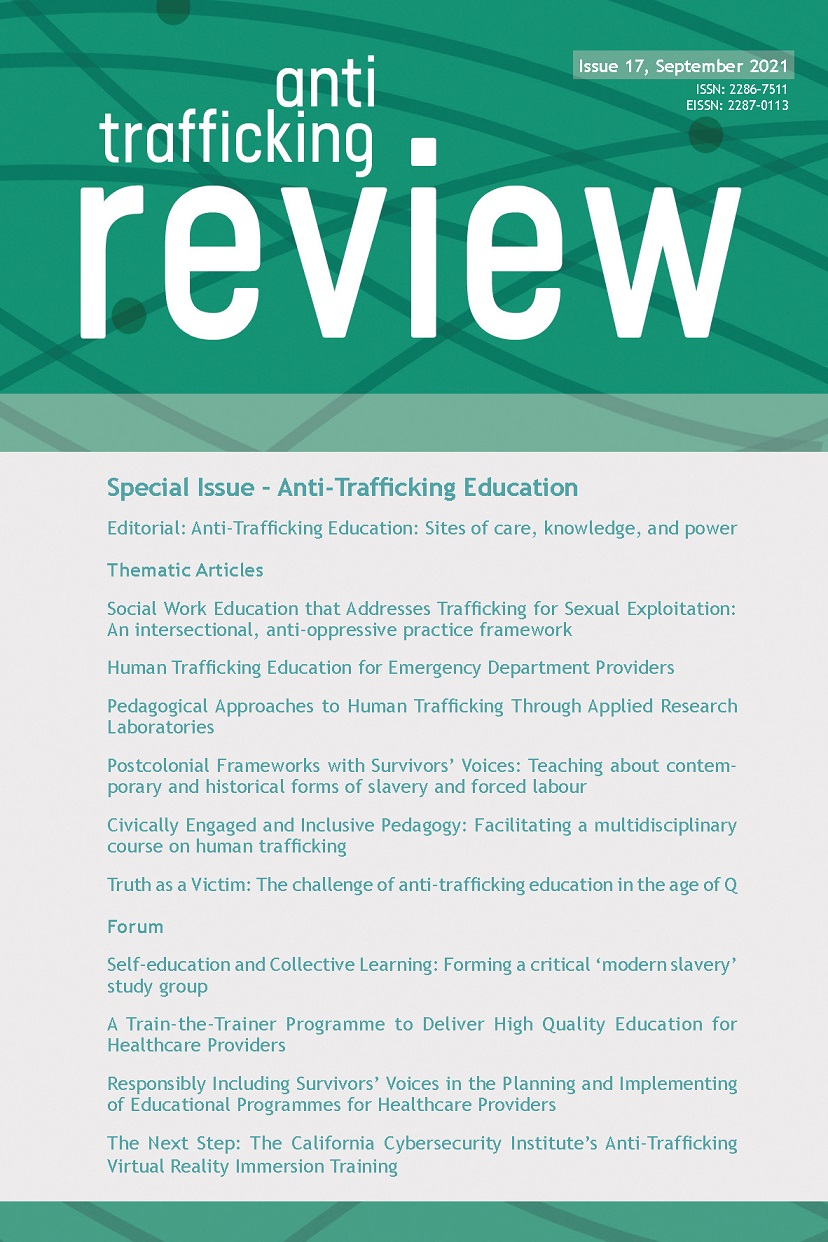
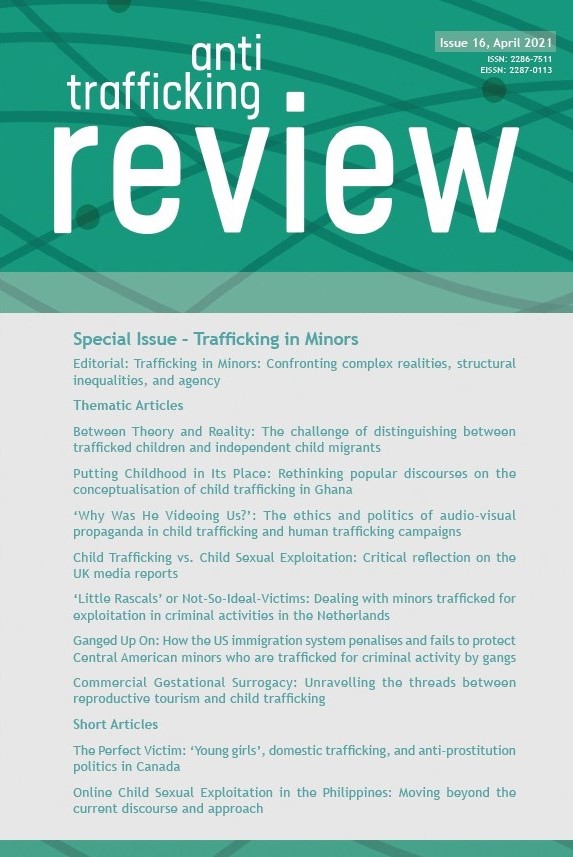
.pdf - Adobe Acrobat Pro 2_8_2021 4_36_32 PM.png)
